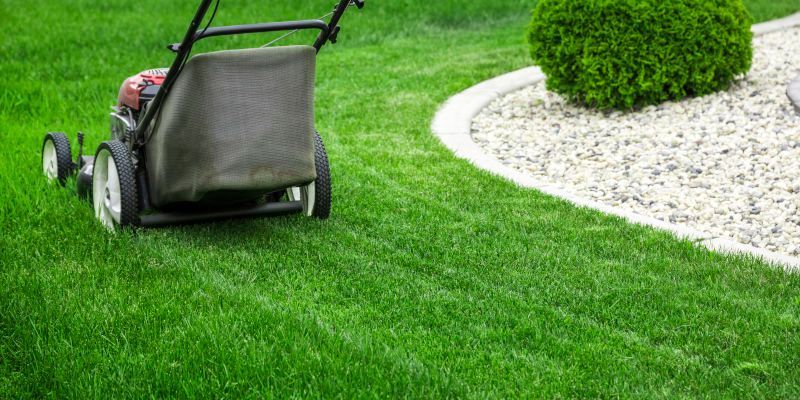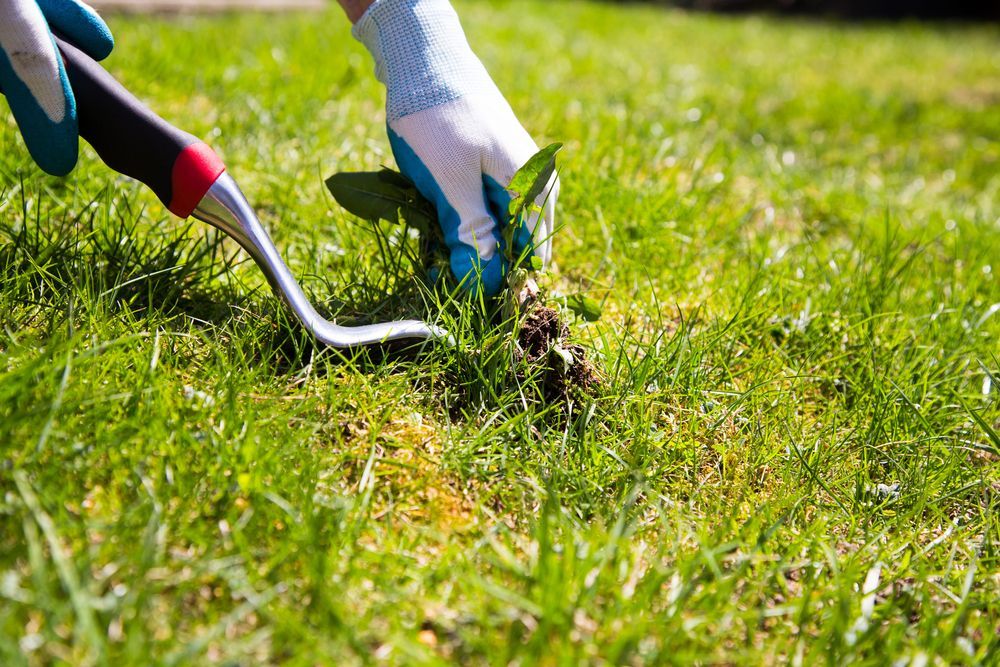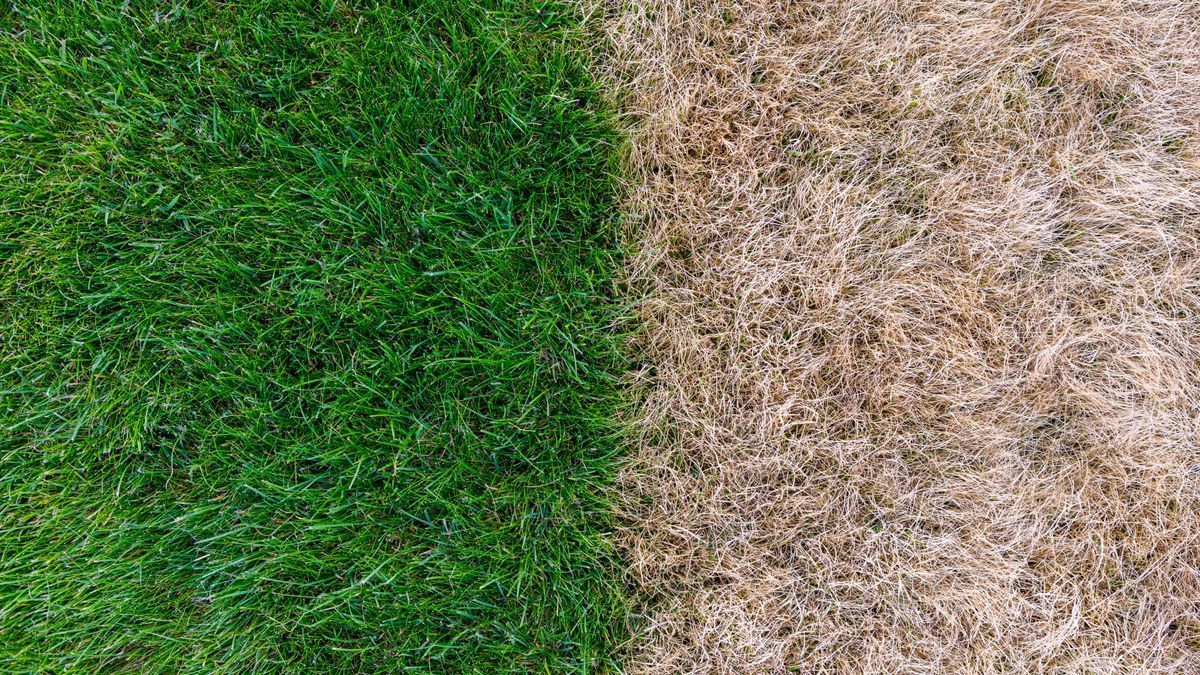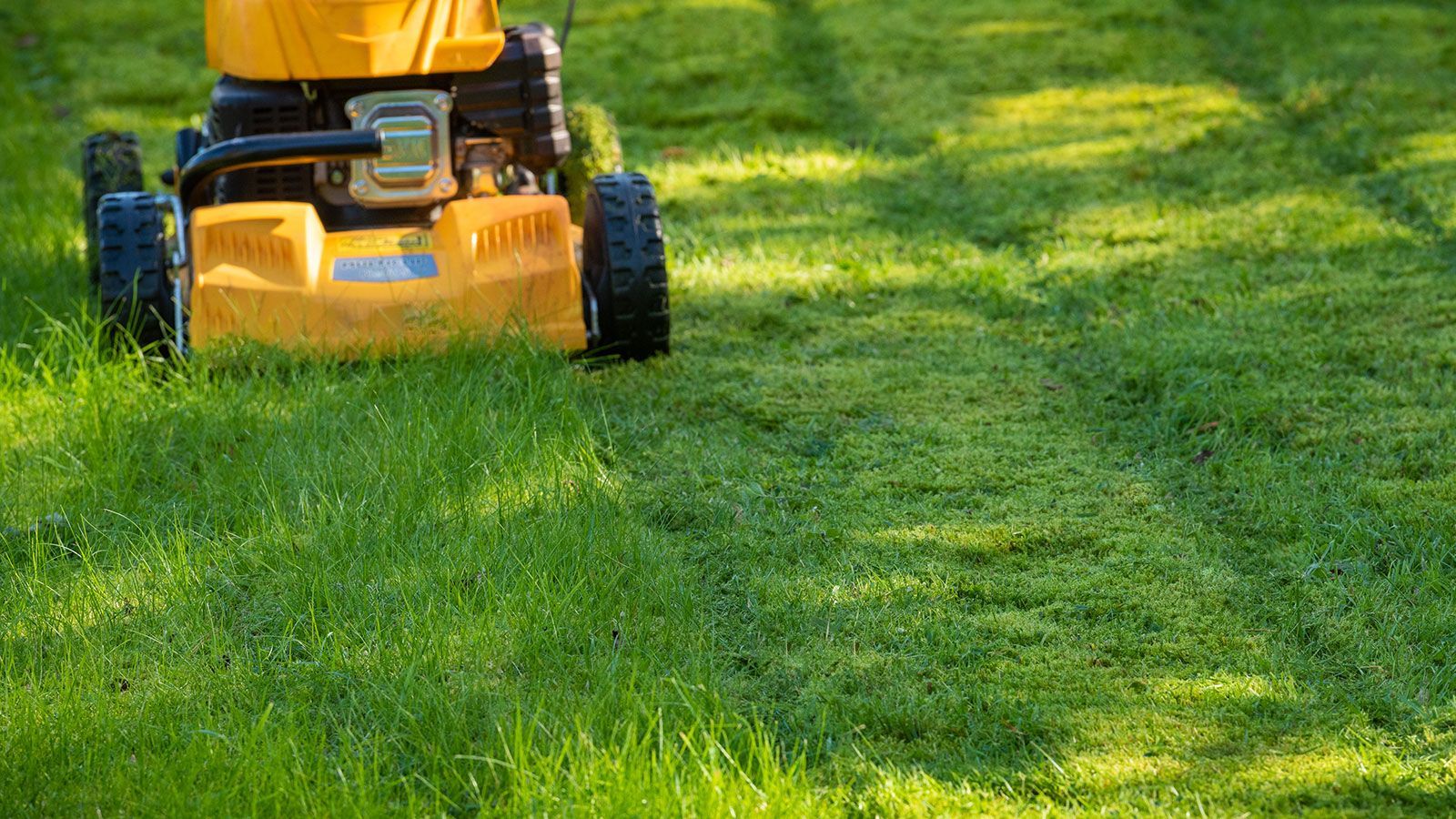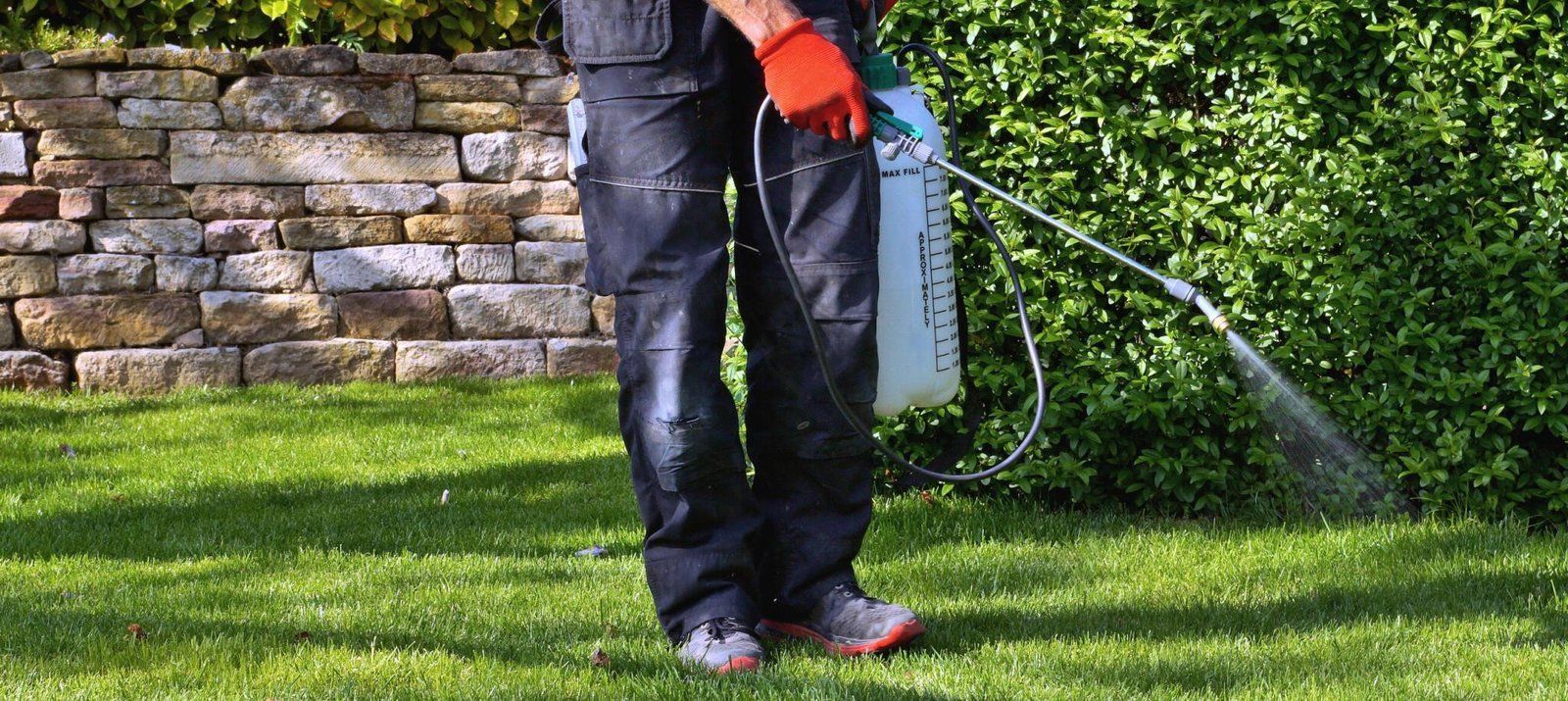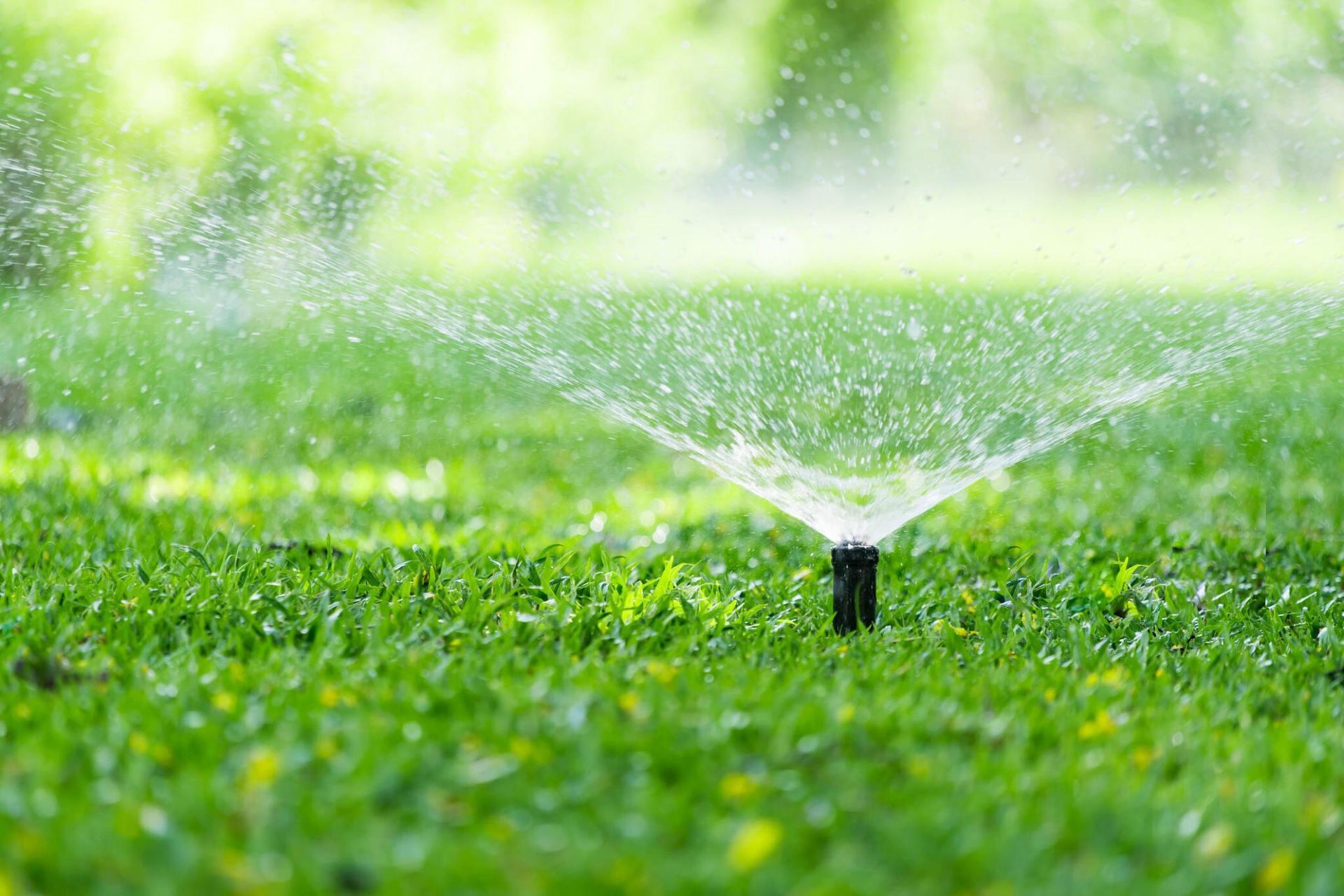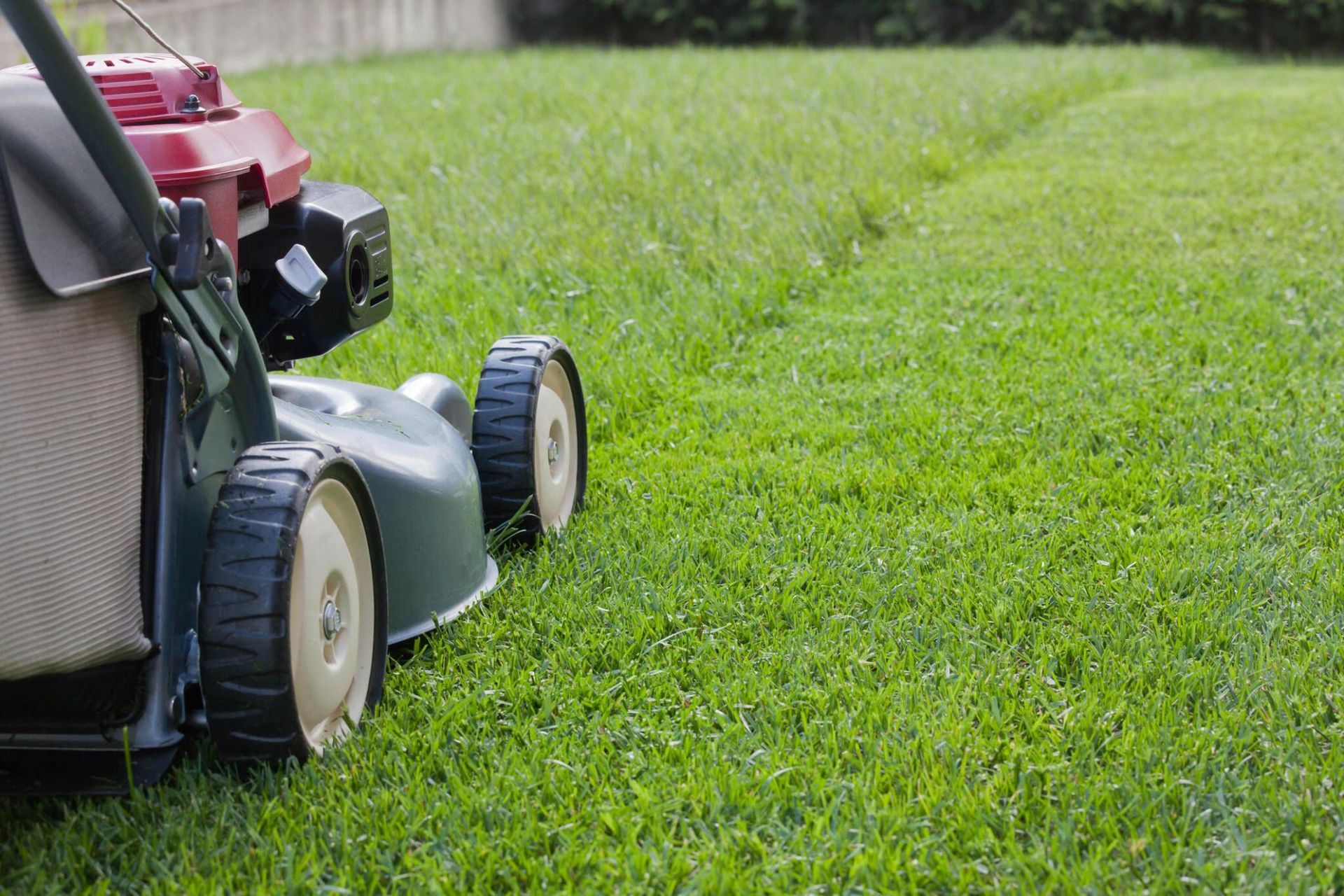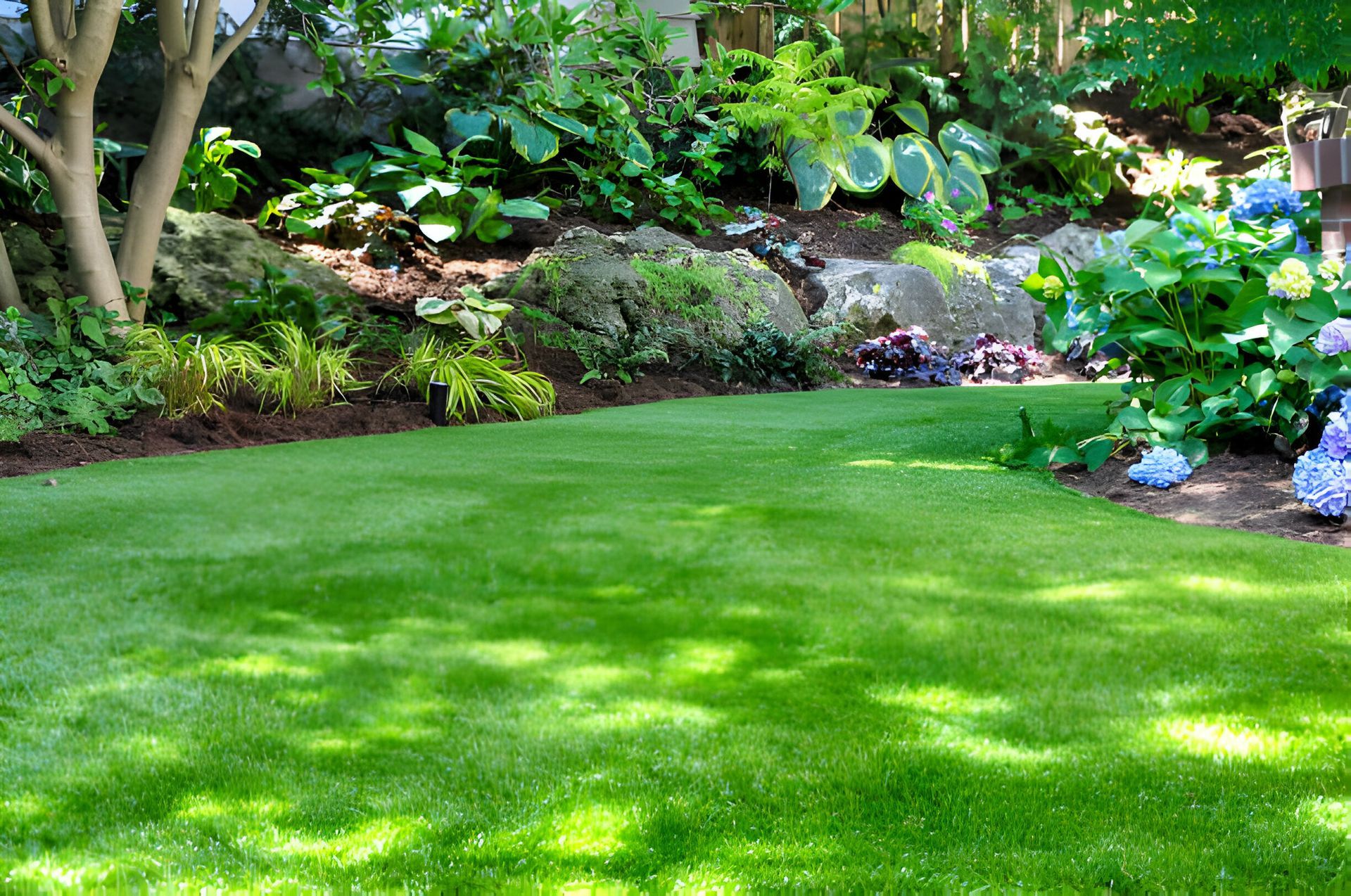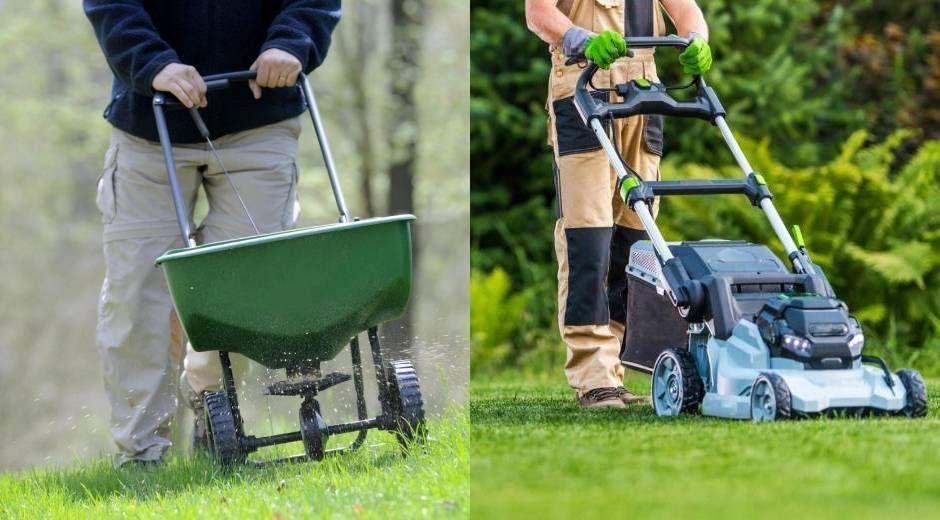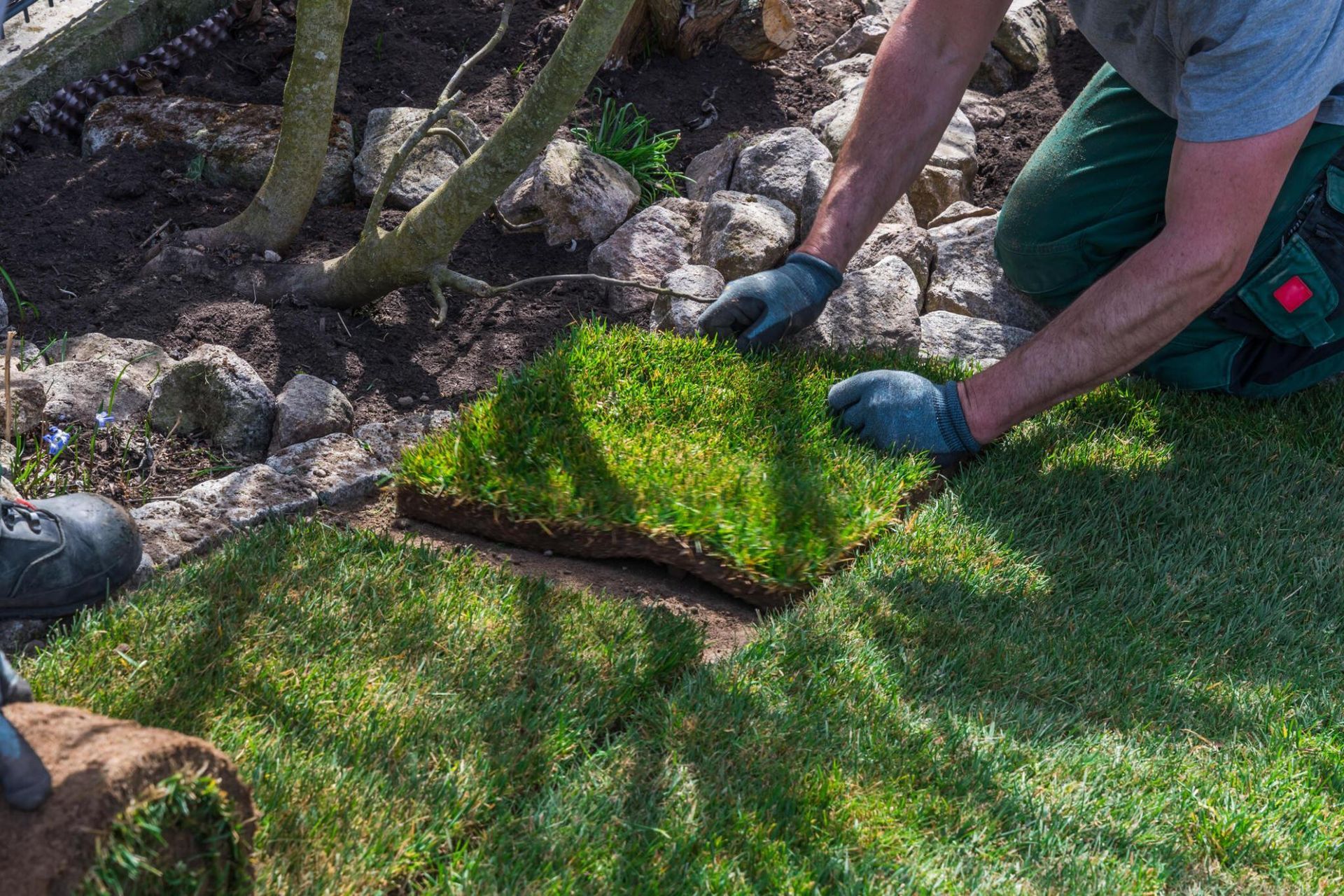Create a Greener Lawn: Sustainable Practices for an Eco-Friendly Lawn Solution
With the increasing awareness of climate change and environmental concerns, more and more people are looking for ways to reduce their carbon footprint and live a greener lifestyle. As homeowners, one area where we can make a significant impact is in our lawn care practices. By incorporating eco-friendly methods, we can create a healthier, more sustainable lawn that benefits our family and the environment.
This guide will outline sustainable lawn care practices and how to apply them in your yard. Let's work together to create a greener, more eco-friendly future for our planet.
The Impact of Traditional Lawn Care
Traditional lawn care often involves harmful chemical fertilizers and pesticides that can damage the environment. These chemicals can leach into local water sources, damaging aquatic ecosystems and harming wildlife. Additionally, the production and transportation of these products contribute to greenhouse gas emissions.
However, it's not just about the chemicals – traditional lawn care practices require significant water and energy. This can strain resources, especially during dry seasons or in areas with limited access to water.
Organic Lawn Maintenance
Organic lawn care uses natural, plant-based fertilizers and pest control methods. These products are free of harmful chemicals and work to improve soil health and promote sustainable growth. They also have long-term benefits for your lawn, reducing the need for frequent applications.
Some examples of organic fertilizers include compost, seaweed extract, and manure. You can use natural solutions such as vinegar, essential oils, or neem oil for weed and pest control. These methods are better for the environment and safer for your family and pets.
Water Conservation Strategies
The average American household uses 320 gallons of water daily, with a large portion going towards outdoor use, like watering lawns and gardens. You can implement several eco-friendly strategies in your lawn care routine to reduce water usage.
One effective technique is xeriscaping, which involves using native plants and drought-tolerant species that require less water. Proper irrigation methods, such as drip irrigation or soaker hoses, also help to minimize water waste. It's also important to monitor weather conditions and only water when necessary.
The Role of Native Plants in Lawn Design
Incorporating native plants into your lawn adds visual interest and provides many environmental benefits. Because they are adapted to the local climate, native plants require less water and maintenance compared to non-native species. They also support pollinators and other wildlife, contributing to a healthier ecosystem.
If you're unsure which native plants suit your area, consult a local gardening center or research online. Adding even just a few native plants to your lawn can make a significant impact.
Mowing and Maintenance Best Practices
Believe it or not, how you perform mowing and maintain your lawn can also impact its sustainability. To promote eco-friendly growth, set your mower blades to a higher setting, which allows the grass to grow taller and develop deeper roots. This results in a healthier lawn more resistant to drought and weeds.
Mulching grass clippings instead of bagging them also helps to provide natural nutrients for your lawn. Additionally, regularly maintaining and properly storing your lawn equipment can extend its lifespan and reduce the need for replacement.
Composting and Waste Reduction
Composting is a natural way to boost soil health and reduce waste. Instead of throwing away grass clippings, leaves, and other yard debris, you can compost them to create nutrient-rich fertilizer for your lawn. This benefits your lawn and reduces the waste that goes into landfills.
In addition to composting, you can minimize yard waste using a push reel mower instead of a gas-powered one. You can also compost kitchen scraps and reduce the use of disposable products in your household to reduce your carbon footprint further.
Eco-Friendly Tools and Equipment
When it comes to lawn care tools, there are several eco-friendly options available. Hand-powered tools like push mowers and manual trimmers require no electricity or gas and have minimal environmental impact. Electric lawnmowers, while requiring energy to operate, produce far fewer emissions than gas-powered ones.
You can also opt for solar-powered tools, which harness the sun's energy to power your lawn maintenance. These options minimize your carbon footprint and save you money on energy costs in the long run.
Contact Green Lawns Solutions for Professional Lawn Care
At Green Lawns Solutions, we provide top-tier professional landscaping services to ensure your outdoor space flourishes with lush greenery and vibrant health. From meticulous mowing to targeted fertilization and weed control, our experienced team utilizes industry-leading techniques and eco-friendly practices to enhance the beauty and longevity of your lawn. Contact Green Lawns Solutions now to schedule your consultation and journey towards a greener, healthier lawn with Green Lawns Solutions.
Conclusion
Transitioning to sustainable lawn care practices is not only beneficial for the environment but also for our health and well-being. Traditional lawn care methods often involve harmful chemicals, excessive water usage, and energy consumption, contributing to environmental degradation and climate change. By embracing organic fertilizers, water conservation strategies, native plant landscaping, proper mowing techniques, composting, and eco-friendly tools, homeowners can significantly reduce their carbon footprint and create a greener, more eco-friendly yard. Each small step towards sustainability in lawn care contributes to a larger effort to mitigate climate change and protect our planet for future generations. Let's work together to cultivate a healthier, more sustainable future for our lawns and our planet

